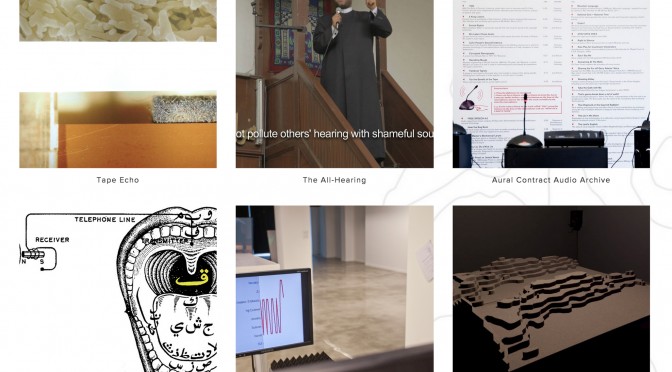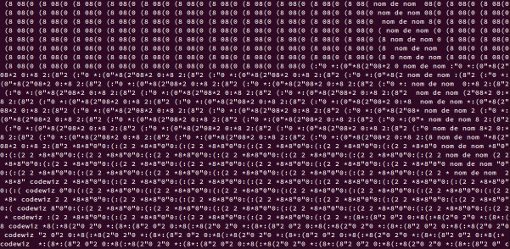Monday, April 20, 2015 at 6:00 pm to 7:45 pm
Stephanie Boluk, Assistant Professor, Pratt Institute
Abstract: This talk will describe the concept of metagaming and its relationship to emerging forms of financialization in and around videogames. Focusing specifically on the labor practices of Valve Corporation and its digital distribution marketplace Steam, I will discuss the experimental management structures of Valve, the architecture of its corporate headquarters, and the practices of players, modders, makers, and spectators who contribute to Steam’s digital economies.




